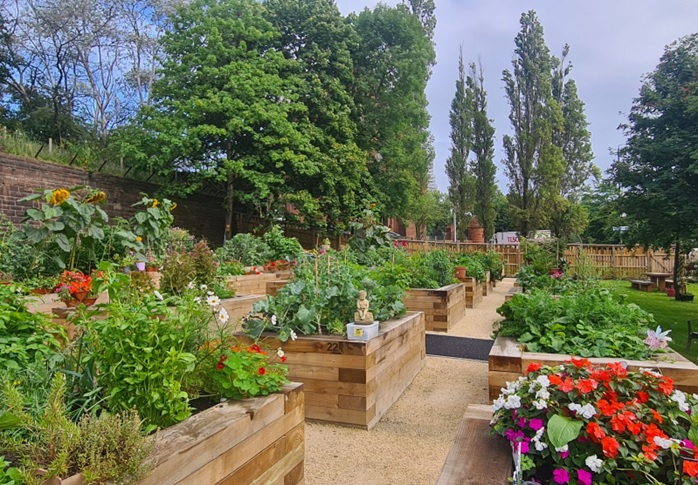Funding applications invited for projects reducing vacant and derelict land in Glasgow

Organisations with proposals for projects which will reduce the amount of Vacant and Derelict Land (VDL) in Glasgow can now apply for funding from the Scottish Government’s Vacant and Derelict Land Fund.
Glasgow has been allocated £1.907 million to make available to local organisations - including charities, community groups and housing associations - that successfully bid to deliver projects that continue the city’s ongoing reduction in VDL by bringing such land back to productive use.
Those organisations considering applying should note that applications must demonstrate that proposed projects will meet one or more of the following objectives:
- stimulate economic growth;
- create jobs;
- promote environmental justice and improved quality of life; and
- support communities to flourish and tackle inequalities.
To be eligible for funding, the proposed site must have been listed for at least 15 years on the Vacant and Derelict Land Register.
In recent years, the Vacant and Derelict Land Fund has been vital in the work to continue the reduction in the amount of VDL and, between 2018 - 2023, the amount of such land reduced by 18.3% (187 hectares, or 262 full-sized football pitches).
Those organisations interested in submitting an application should email pbip@glasgow.gov.uk for more information and/or an application pack - the closing date is noon on 7 March.
Successful applicants will be notified in late March.
Councillor Ruairi Kelly, convener for Development and Land Use at Glasgow City Council, said: “The continued reduction the amount of vacant and derelict land in Glasgow - the scale of which was for so long a barrier to economic growth - in recent times has been very good news, with new homes, greenspaces and other uses bringing social and environmental benefits to communities all over the city. This is why the funding available to help further tackle this issue is so important, and we can look forward to local organisations putting forward great proposals through their applications.”








